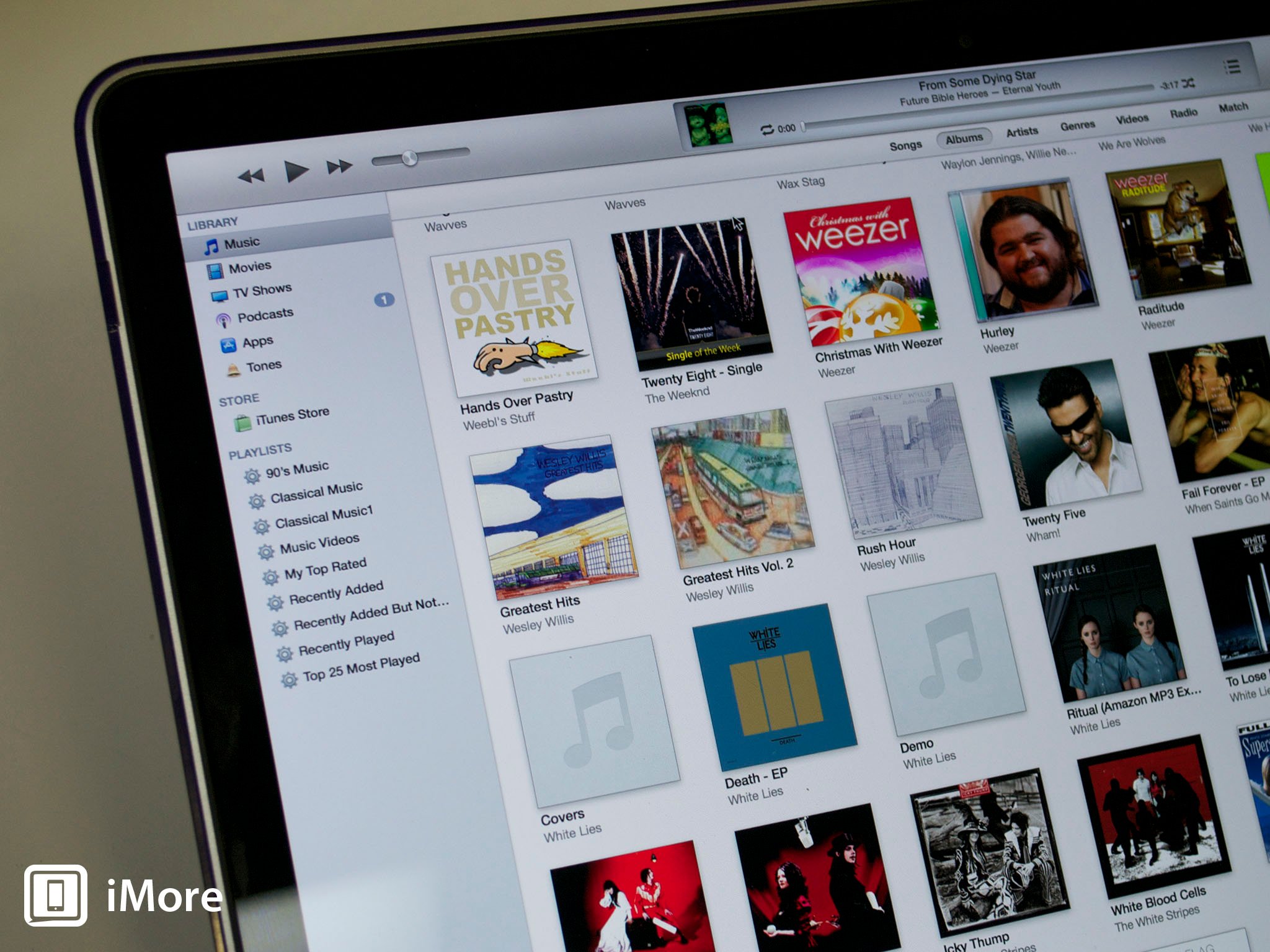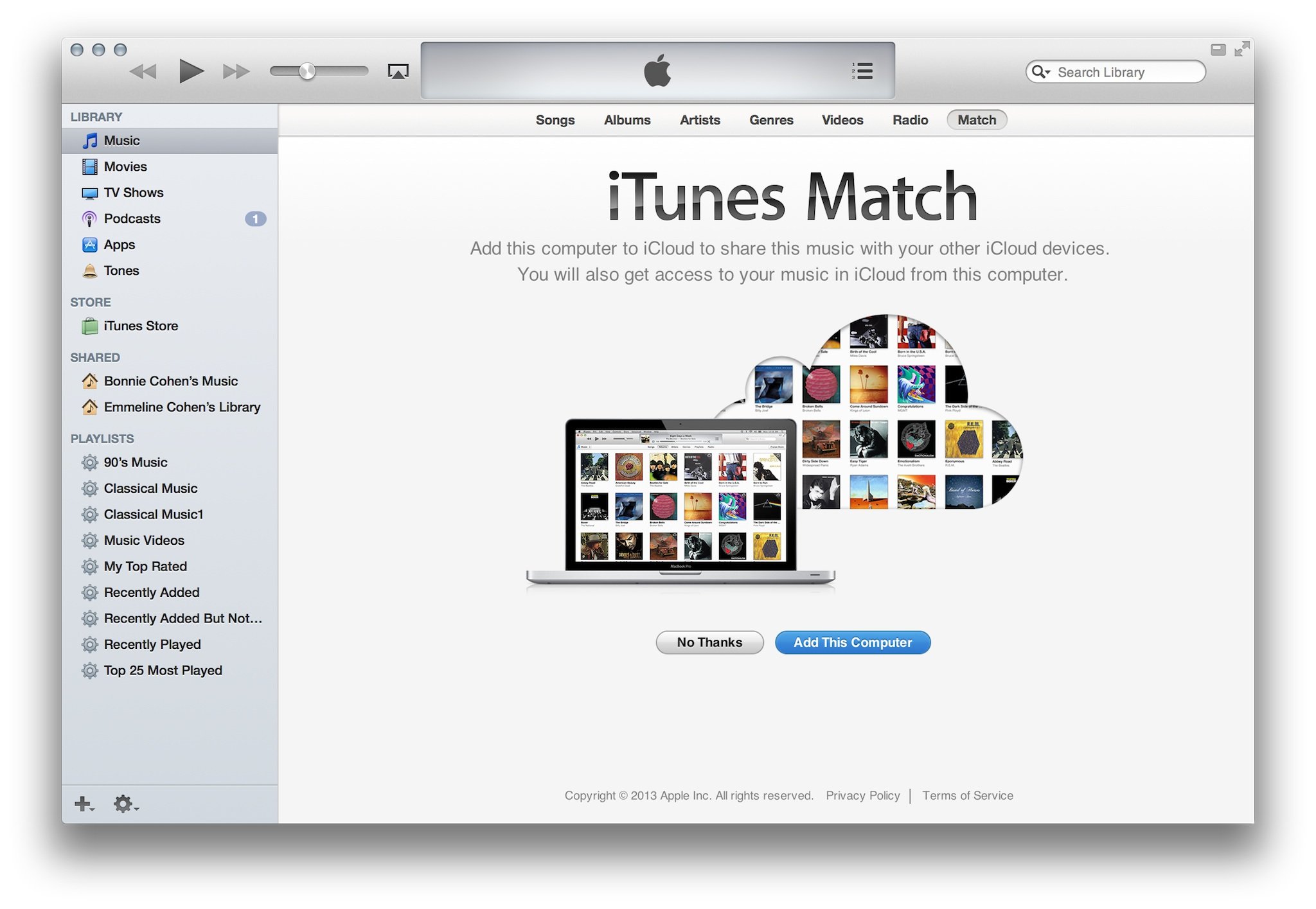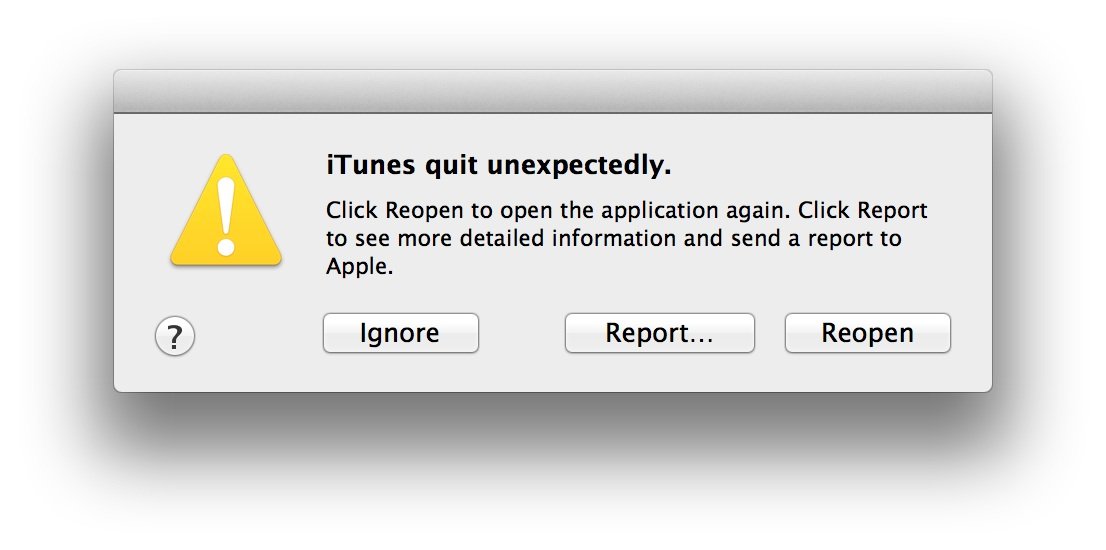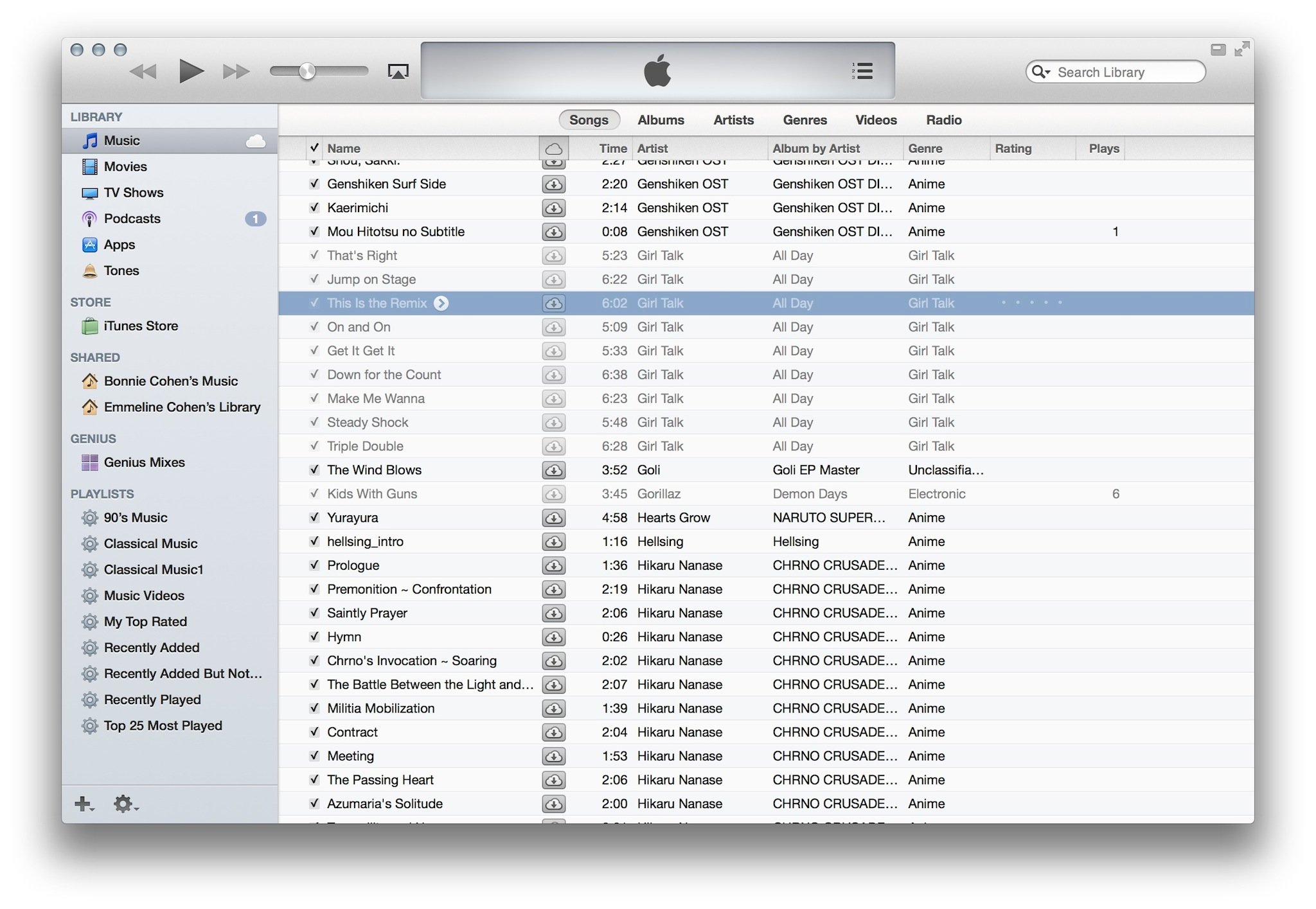The Trouble with iTunes on the Mac and Windows

For a company that prides itself on providing a top-notch user experience, Apple ought to hang its head in shame for the disaster that iTunes has turned into. It's a bloated, piggish, unreliable mess. It's the application we love to hate. It's the application that some of us just hate. But we put up with it. Because we have no choice.
A Brief history of iTunes
iTunes started life simply enough - it was a tool that we used to listen to music. "Rip. Mix. Burn." That was Apple's simple message - rip the music you already owned on CD into digital music files. Create your own playlists. And burn CDs containing your music so you could listen to them elsewhere.

Then the iPod came along and everything changed. Suddenly we no longer used iTunes just to rip and mix our music, but also to move it to this device that fit in our pockets and stored a thousand albums. iTunes was fun to use, too - you could sort music by genre, rate the songs you liked, and drill down with terrific levels of detail, assuming it was available in the metadata - stuff like composer, release date and more.
The iPod grew and so did our music collections. Many of us began to look for other ways to get music, through file sharing services and other means. So Apple's next step, the iTunes Store, made a lot of sense. It made it easier to get music online, and it provided musicians and their labels with a revenue stream.
But the iTunes Store introducing another layer of complexity into iTunes - now we weren't just using iTunes to store and catalog our music, but to buy it as well. And that meant incorporating copy protection into the mix - Digital Rights Management, or DRM.
When Apple introduced iPods to be able to run applications and watch video, the iTunes Store - and the iTunes app - again increased in complexity. You could do so much more with iTunes than you could before. You could grab movies and TV shows. Copy protected using the same DRM scheme as music - Apple called it FairPlay. Eventually FairPlay copy protection disappeared for music, but it's lingered for movies and TV shows.
Then the iPhone came along, and eventually the iPod touch and the iPad followed. And suddenly the iTunes Store grew more in complexity - now it was selling apps through an App Store. Apple decided to take on Amazon and the Kindle by offering ebooks, which added another layer onto iTunes. And so on, and so on.
Master your iPhone in minutes
iMore offers spot-on advice and guidance from our team of experts, with decades of Apple device experience to lean on. Learn more with iMore!

The latest addition is iTunes Match, Apple's $25/year service that makes your iTunes music library available in the cloud, downloadable to any device authorized to play it. And when iOS 7 debuts this fall you'll be able to listen to iTunes Radio, streaming content that is ad-free if you're an iTunes Match subscriber.
iTunes has become a shambling monstrosity
One can't fault Apple for continually trying to add more features to iTunes. But iTunes has become a wall with many layers of wallpaper stuck to it, each glued and layered on top of the last. Eventually they have to come off, and what you're left with is a wall that needs to be refinished before it can be repainted.
The net result is that iTunes does a lot of things, but does them poorly. The interface has become needlessly complex, and attempts to refine and improve it have largely failed as a result. iTunes is the one Mac app that drives your experience with music, downloading television shows, movies and apps. It's trying to do too much. It needs to do much less. As a result, even the name "iTunes" has lost its meaning - "tunes" are only a small part of the app's overall function.
For my part, I have a seemly endless variety of problems with iTunes. With over 23,000 files, iTunes crashes for me frequently and is terribly slow. I lost last weekend trying to download my iTunes library from iTunes Match, after the machine that held my original library went out for repair. The entire weekend. Because iTunes kept crashing and stopping the download.

iTunes Match enables me to download music when I'm on my phone when I'm out, but often forgets about album art. iTunes Match on the Mac is far from perfect, too - it has, for no good reason, keeping me from downloading dozens of tracks that I've uploaded. They're grayed out, and Apple hasn't been able to fix it for me (and logging out and logging back in hasn't helped).

iTunes' duplicate finding capability is miserable. And it often can't find the cover art I'm looking for, or substitutes something else entirely in its place. It's little wonder that utilities like TuneUp exist - they have to, because Apple's done such a poor job with iTunes, some users need help sorting their iTunes libraries.
Time to break up the party
"True simplicity is derived from so much more than just the absence of clutter and ornamentation," explained Apple senior vice president of Design Jony Ive in the intro video for iOS 7. "It's about bringing order to complexity."
I think it's time for Apple to look at iTunes and start over with a fresh sheet of paper. Just admit that this horrible thing isn't working any more and try something entirely new. Ideally, I'd like to see music, apps, and videos broken up into separate utilities.
"Complexity" is a word that describes the iTunes experience to a tee. Hopefully once iOS 7 is out the door, Ive can put his eyes and his best minds to work on the problem of iTunes, because right now it's embarrassing for Apple to be promoting and distributing this software. It's the antithesis of what we expect the Apple user experience to be.
Do you hate iTunes as much as I do? Or do you love it? Do you accept it as a necesary evil? Or do you use other utilities entirely? Let me know in the comments.

